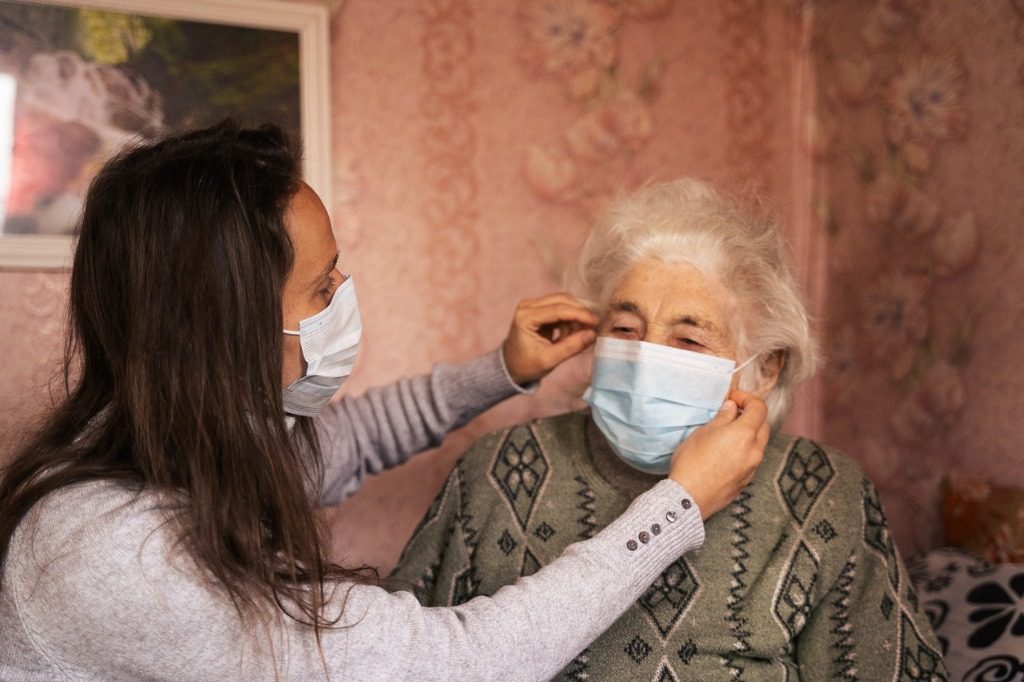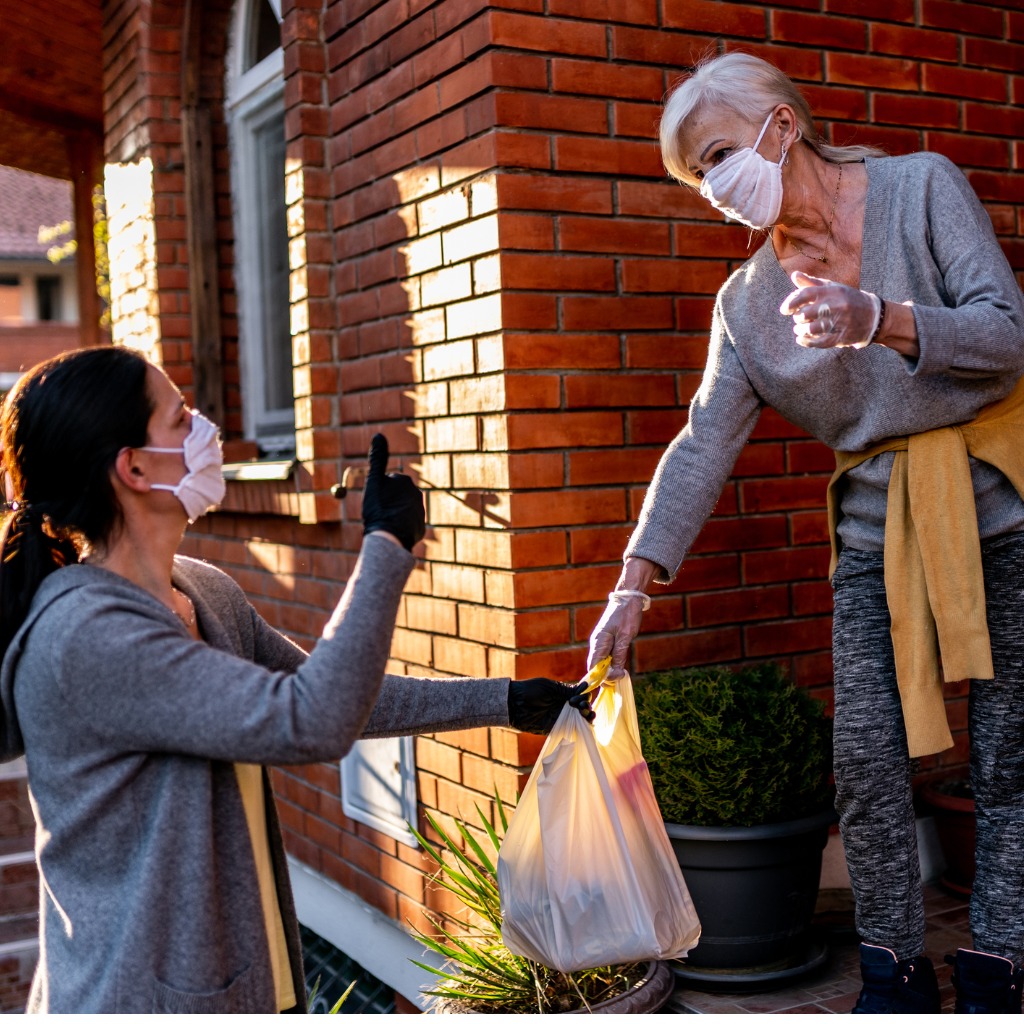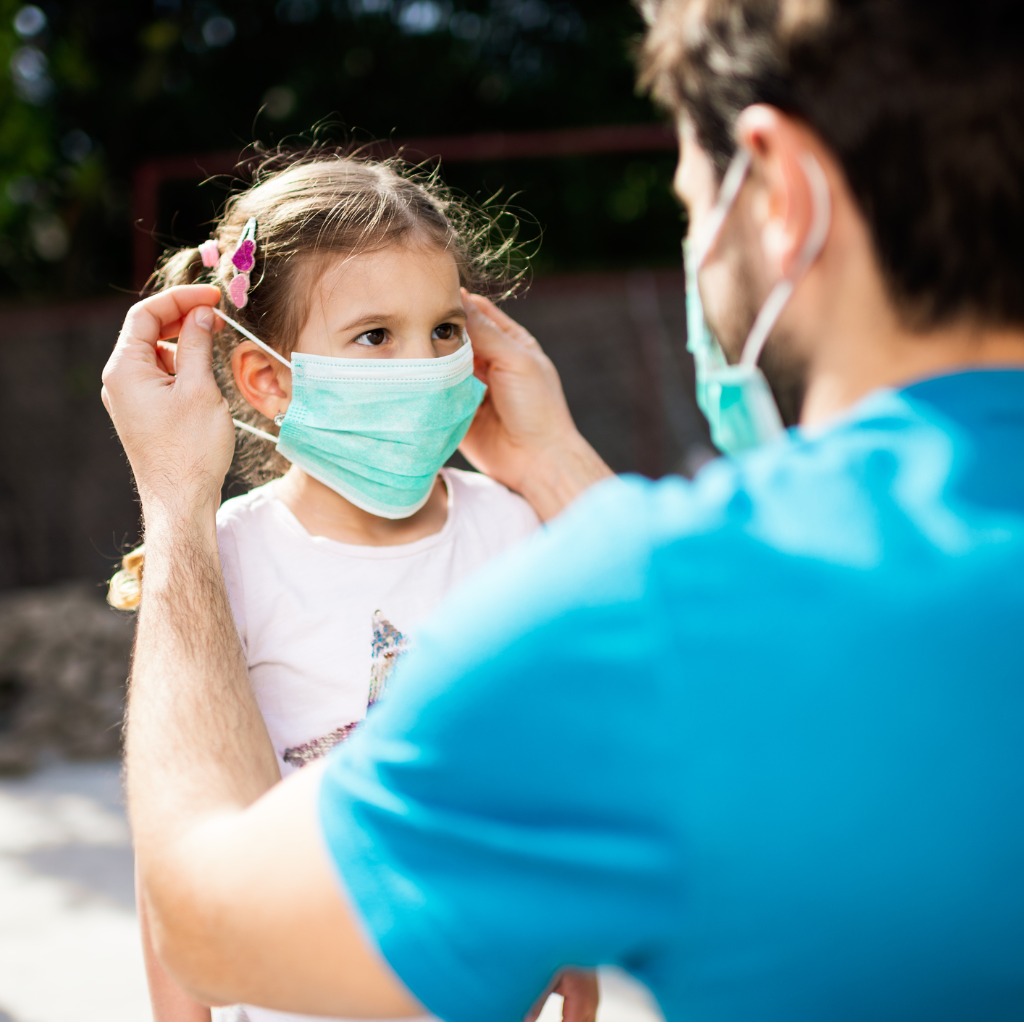
Altruism looks good on the outside, but it generally comes at a cost. Yet is this completely accurate? This type of prosocial behavior can be a conundrum because offering generosity takes from the giver, gives to the taker, and gives to the giver. Confused? New research from the June 2020 issue of Science Advances helps us sort it all out.

The researchers refer to this type of social-network altruism as reciprocity, and reported the impressive generous actions of more than 700 participants during the project. The study was done by sociologists with Ohio State University, led by professor of sociology, David Melamed. In an interview with Science Daily, Melamed explains that altruism “means doing something for someone else at a cost to yourself.”
Now that we’ve sorted out the paradox of altruism, here are the top five altruistic, prosocial behaviors emerging from COVID-19:

- Staying at home; avoiding crowds or events, limiting travel and shopping to essentials.
- Wearing a mask when in public
- Washing hands frequently; avoiding shaking hands or touching people/things in public
- Keeping distance from others in public (6 feet)
- Self-quarantining at the sign of any symptoms (cough, fever, etc)
We would all agree wearing a mask is annoying – yet research confirms humans are increasingly altruistic. Adhering to such prosocial behaviors will benefit you and me, our social network, our country, and the globe.
By Terissa Michele Miller, MS Psy
Check out the original research:
https://advances.sciencemag.org/content/6/23/eaba0504
https://www.sciencedaily.com/releases/2020/06/200603144334.htm
https://www.cdc.gov/coronavirus/2019-ncov/prevent-getting-sick/social-distancing.html
This article was originally published in Modern Brain Journal.
About the author:
Teri Miller is a mom of nine and child development researcher with a Masters of Science in Psychology. She is a Research Associate at Gibson Institute of Cognitive Research, co-host of the podcast Brainy Moms, and the Managing Editor at Modern Brain Journal.
